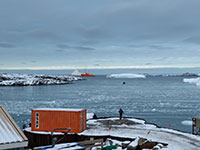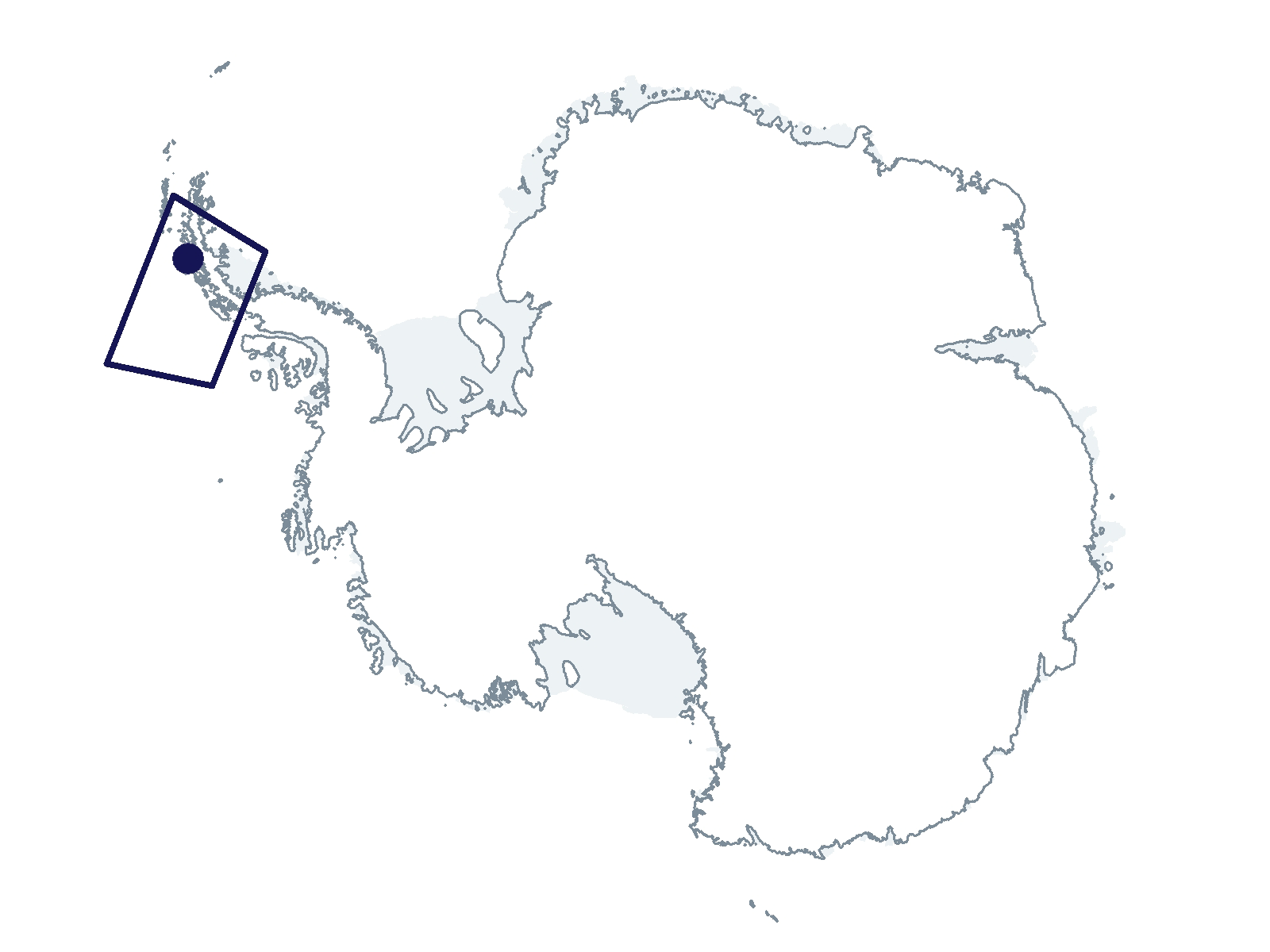2022-2023 USAP Field Season
Project Detail Project TitleCAREER: Understanding Microbial Heterotrophic Processes In Coastal Antarctic Waters Summary
Event Number:
Program Director:
ASC POC/Implementer: Principal Investigator(s)
Mr. Jeff Shovlowsky Bowman
Location
Supporting Stations: ARSV Laurence M. Gould, Palmer Station DescriptionDespite decades of observations of ecological processes along the western Antarctic Peninsula (WAP) surprisingly little is known about the role of heterotrophic microbes in the WAP marine food web. Recent model-based research suggests that the microbial loop, the repackaging of dissolved organic carbon (DOC) by heterotrophic bacteria for consumption by bacterivores, is increasing in importance in the northern WAP region, where the timing and extent of sea ice cover is highly variable. The proposed work will address critical questions regarding the sensitivity and ecological role of the WAP microbial loop through a series of grazing experiments to assess bacteria mortality by bacterivorous protists and bacteriophages. These experiments will be coupled with observations of ecophysiology including bacterial production and respiration, and microbial community structure, to identify how specific Antarctic heterotrophic bacterial taxa respond to the physiological and ecological stress of the WAP environment. These data will be used to reparametrize the Palmer Ecosystem Model for a series of experiments to test food web sensitivity to ecological change, and a community segmentation approach will be applied to integrate the community structure data and modeling experiments in a novel way. Field Season OverviewIn coordination with the Palmer Long Term Ecological Research program, two participants will embark on the LTER cruise on the ARSV Laurence M. Gould in January. The team will collect twice-weekly samples from the chlorophyll max (CM), surface, and 60 m depths. These samples will be used in dilution experiments in the outdoor incubator to measure rates of viral and protist mortality on heterotrophic bacteria. Basic parameters will be measured in water collected from all depths. They will also collect daily samples from the ship's seawater intake. These daily samples will provide a more highly resolved view of bacterial and protist community structure and abundance, and a source of material for grazing experiments and the remaining parameters in the event that conditions prevent sampling for an extended period. After the cruise, one participant will redeploy and one will remain at Palmer Station until late March. Deploying Team Members
|
2022-2023 Science Planning Summary



For USAP Participants |
For The Public |
For Researchers and EducatorsContact UsU.S. National Science FoundationOffice of Polar Programs Geosciences Directorate 2415 Eisenhower Avenue, Suite W7100 Alexandria, VA 22314 Sign up for the NSF Office of Polar Programs newsletter and events. Feedback Form |



